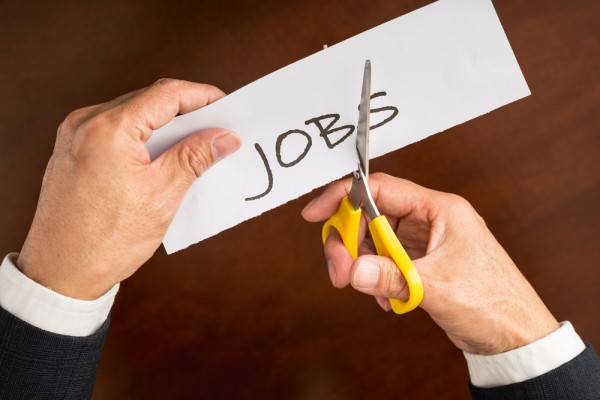When you have successfully mastered cover letters, resumes, and job applications and are receiving requests for interviews, it’s time to understand how to succeed in the job interview so that you are ever closer to your goal of obtaining one or more job offers.
1. Conduct Research on the Employer and Job Opportunity.
Success in a job interview starts with a solid foundation of knowledge on the job-seeker’s part. You should understand the employer, the requirements of the job, and the background of the person (or people) interviewing you. The more research you conduct, the more you’ll understand the employer, and the better you’ll be able to answer interview questions.
2. Review Common Interview Questions and Prepare Responses.
Another key to interview success is preparing responses to expected interview questions. First, inquire as to the type of interview to expect (which you can do by asking your contact person at the organization).
Your goal is composing detailed yet concise responses, focusing on specific examples and accomplishments. A good tool for remembering your responses is to put them into story form that you can tell in the interview.
3. Dress for Success.
Plan out a wardrobe that fits the organization and its culture, striving for the most professional appearance you can accomplish. Remember that it’s always better to be overdressed than under-dressed. Wear clothing that fits and is clean and pressed. Keep accessories and jewelry to a minimum.
4. Arrive on Time for the Interview — and Prepared for Success.
There is no excuse for ever arriving late for an interview. Strive to arrive about 15 minutes before your scheduled interview to allow yourself time to get settled. Arriving a bit early is also a chance to observe the dynamics of the workplace.
5. Make Good First Impressions — to Everyone You Encounter.
A cardinal rule of interviewing: Be polite and offer warm greetings to everyone you meet. Employers often are curious how job applicants treat staff members and your job offer could easily be derailed if you’re rude or arrogant to any of the staff.
When it’s time for the interview, keep in mind that first impressions — the ones interviewers make in the first few seconds of greeting you — can make or break an interview.

